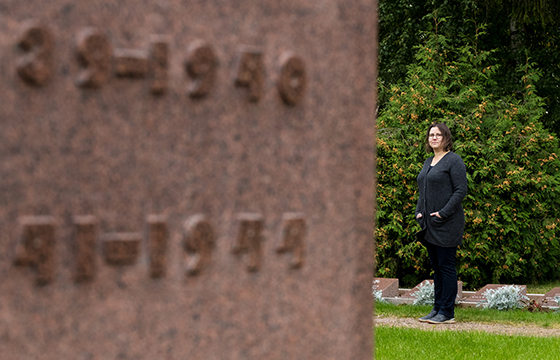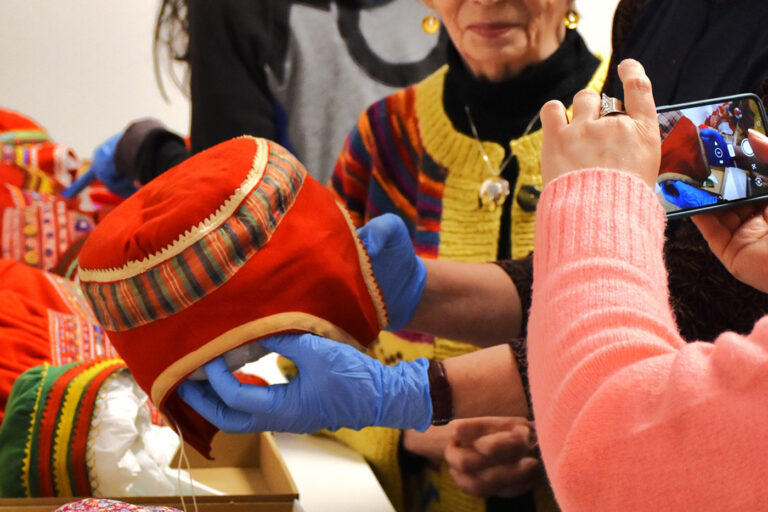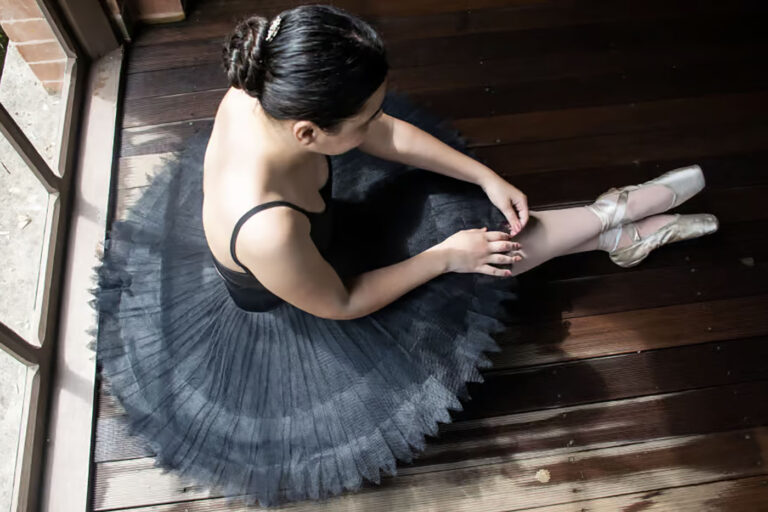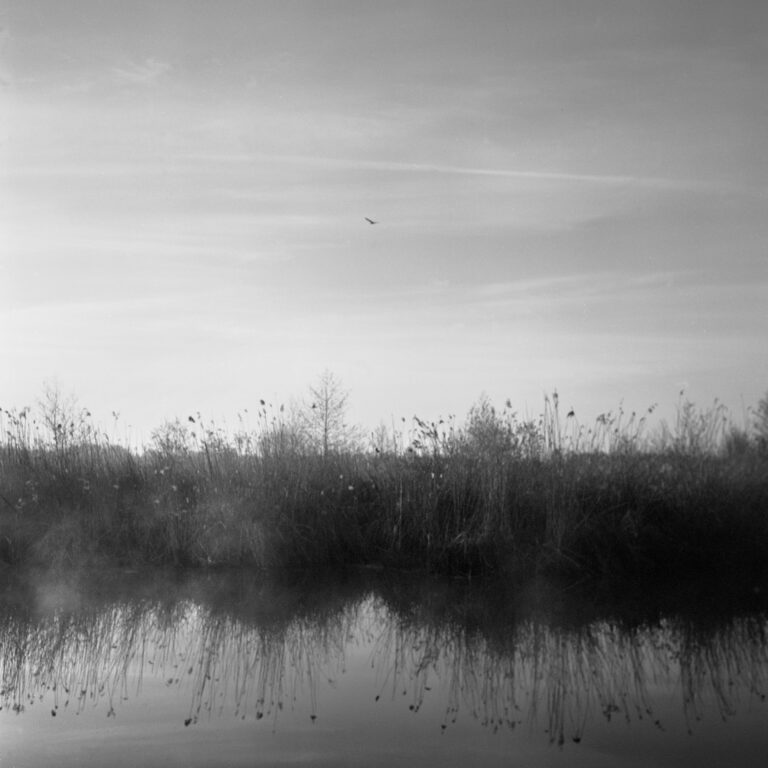New patriotic song traditions
The origins and contexts of some of Finland’s traditional patriotic songs have long been lost to the public. The patrimony of songs is also being creatively altered, with new meanings being bestowed.


Text: Reeta Holma
Photos: JP Manninen
Patriotic songs are used in many established situations in Finland, without particularly exploring or questioning their use. Hearing the national anthem at a sporting event or a patriotic song at the President’s Independence Day celebrations may seem self-evident, but if listeners paused to consider their lyrics and origins, they might be surprised.
Patriotic songs are a topic of interest for cultural anthropologist Aila Mustamo, who is writing a book on the subject. Mustamo is researching where patriotic songs have historically been sung and what they have meant for people at various stages and in diverse contexts.
She is exploring song traditions during the period between the Jaeger movement (1914), Finland’s independence (1917) and the Finnish Civil War (1918) up until the end of the Cold War and the Internet Age.
Mustamo is currently at the data collection stage; in the autumn of 2022 she will be gathering retrospective information and conducting interviews, which she hopes will provide more detailed information, especially on the attitudes of social minorities towards the music.
“Patriotic songs are an element of bourgeois tradition in Finland, but how did groups such as the blue-collar population relate to them,” Mustamo ponders? “Coming into the modern day, many ordinary Finns – not to mention people of immigrant origin – are fairly far removed from the cultural background of the songs.”
“Coming into the modern day, many ordinary Finns are fairly far removed from the cultural background of the songs.”
One of Mustamo’s sources of information are YouTube videos and their comments.
“The use of online data sources is fairly new in scientific research, and you have to come up with your own practices to some extent,” Mustamo says. She aims to be systematic in collecting and analysing data, which implies, for instance, seeking out and analysing all the existing versions of a specific song. On the other hand, new content is appearing all the time and their sources are never completely certain.
Ethical questions take on an important role. The researcher must consider questions such as whether direct quotations can be used. “I cannot ask thousands of internet users whether I can use their comments in my research. I strive to be considerate and to ensure that nobody can be identified based on the data, even if it is in the public domain.”
Finnish songs in the international context
“For many songs, the connection to their origins has been lost and new meanings are built in highly creative ways,” Mustamo says. Some Finnish songs can be adopted abroad; current examples can be found for example in Ukraine, which is under attack from Russia. The Ukrainians have made their own version of the Finnish WWII-era cuplé Niet Molotoff. “It has a similar level of black humour as the Finnish original, which indicates a very creative use of our cultural heritage,” Mustamo points out. A new patriotic song patrimony is also being created in Ukraine, an example being a popular song about the highly regarded Bayraktar drone.
Mustamo also mentions a YouTube video of a song about the Finnish Guards’ participation in the Russo-Turkish War. Its lyrics begin with a reference to cold and hunger during battles in the Balkan Mountains.
Few Finns will probably recognise the setting for the song, which is not mentioned very often in history books. In contrast, hundreds of Bulgarian commenters on the video can be found praising the Finns who took part in the Russo-Turkish War of 1877. “Finns, meanwhile, have no idea what it’s about,” Mustamo laughs. “In this way, elements of heritage that we consider purely Finnish are internationalised.”
Mustamo is excited to complete the retrospective data collection and interviews in order to start investigating the feelings evoked by patriotic songs outside of the internet. “It will be interesting to see how memories of patriotic songs have been provided with significance outside of the online world. There may be some surprises in store,” she says.
Aila Mustamo, PhD, received a EUR 32,000 grant from the Ulla and Eino Karosuo Fund in 2022 for her work researching and writing a book on Finnish patriotic songs.




